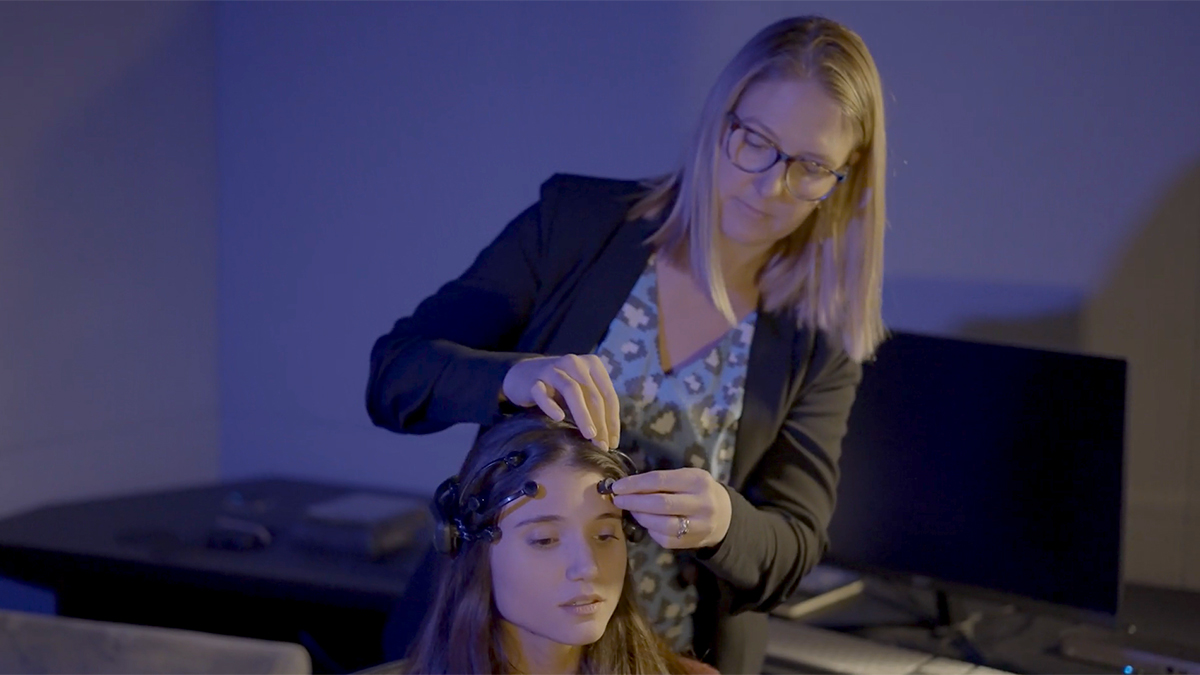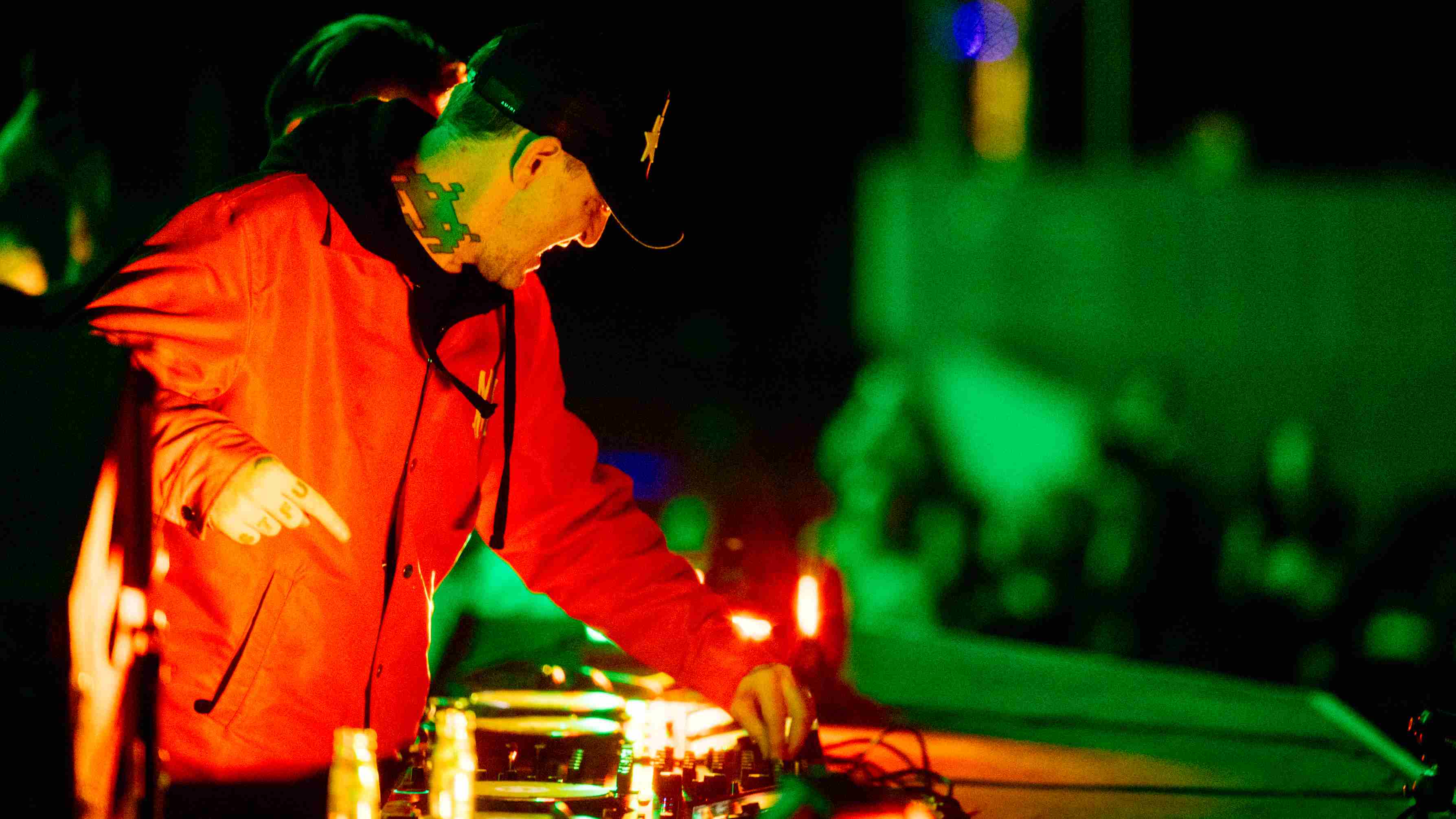How does listening to Pink Floyd in Dolby Atmos affect your brain? New study will visualise 100 fans’ brain waves as they listen to Richard Wright’s The Great Gig In The Sky
Immersive art project celebrates 50 years of The Dark Side Of The Moon, with no Brain Damage involved

You could argue that much of Pink Floyd’s work has a cerebral quality, and now Dolby is planning a new study that will measure fans’ brain activity while they’re listening to the band.
Presented in collaboration with immersive art collective Pollen and Richard Wright Music, the company that represents the late Pink Floyd keyboard player’s interests, the study is being carried out in celebration of the 50th anniversary of seminal Pink Floyd album The Dark Side of the Moon.
100 participants will be invited to Soho, London, and have their brain waves measured as they listen to a Dolby Atmos mix of The Great Gig In The Sky, the (mainly) instrumental piece that was composed by Wright and The Dark Side Of The Moon’s fifth track.
The aim of the Brainstorms Project is to create “artistic and intuitive visual representations of how the brain responds when experiencing music in Dolby Atmos.” Each participant’s brain data will be turned into a piece of “visualised artwork”, with all pieces going on to be showcased at a public event, Brainstorms, at an “immersive” London venue.
If you’re interested in taking part in the study you can sign up to be considered on the Pollen website. The 100 selected candidates will be asked to attend for a half-hour session on a day between 2 and 6 October. Each participant will receive a summary report and visualisation of their own unique brain response as art, produced by The Brainstorms Project. Data captured by Pollen will be anonymised and used solely for the Brainstorms Project with participants’ written consent.
Brainstorms: The Great Gig In The Sky will be presented at an immersive London venue later this year.
Get the MusicRadar Newsletter
Want all the hottest music and gear news, reviews, deals, features and more, direct to your inbox? Sign up here.



I’m the Deputy Editor of MusicRadar, having worked on the site since its launch in 2007. I previously spent eight years working on our sister magazine, Computer Music. I’ve been playing the piano, gigging in bands and failing to finish tracks at home for more than 30 years, 24 of which I’ve also spent writing about music and the ever-changing technology used to make it.









